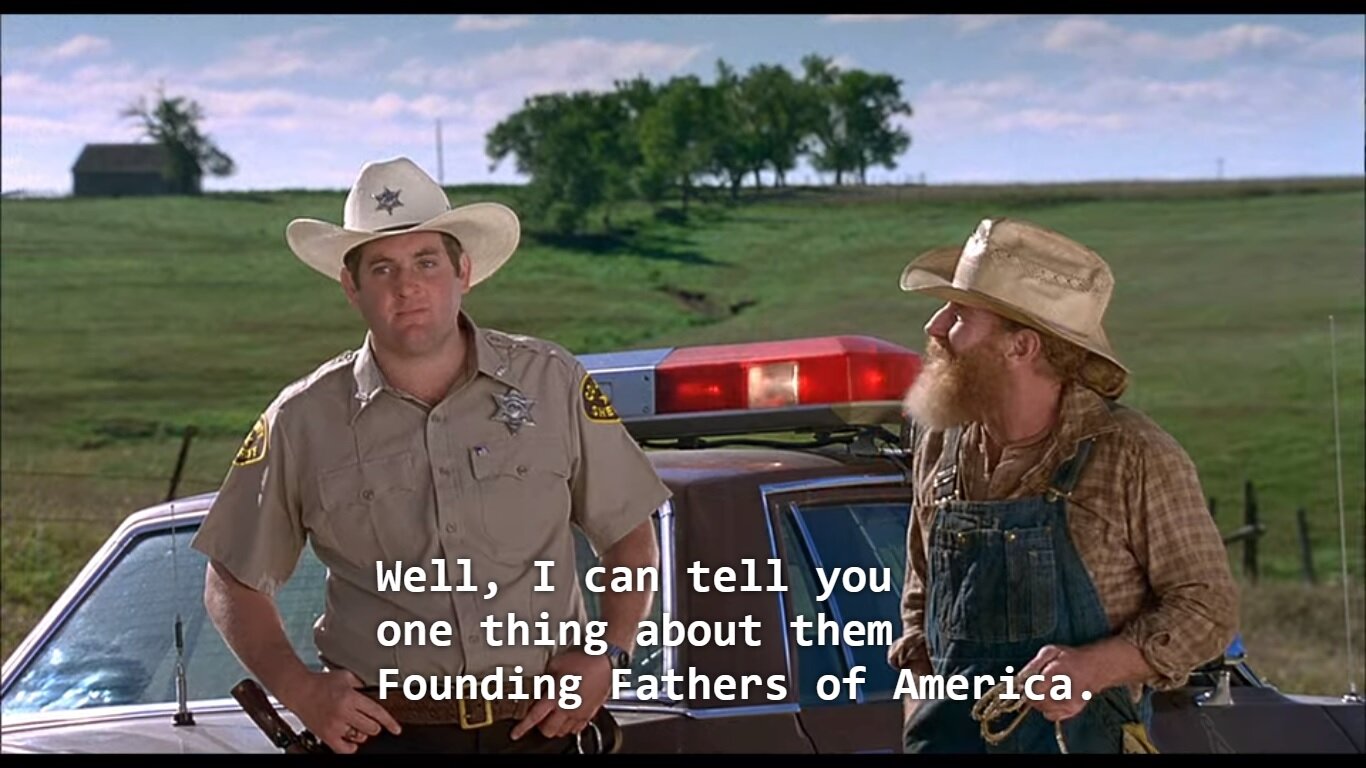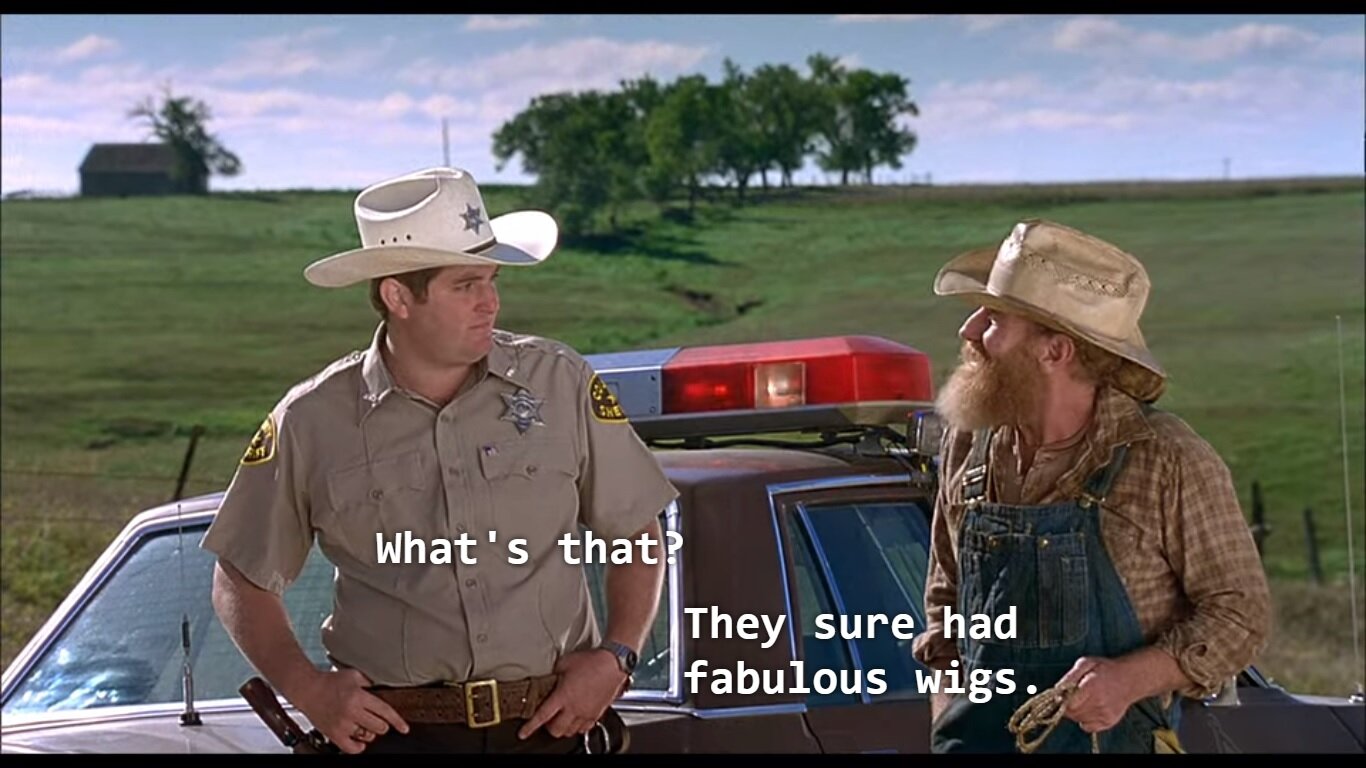Twentieth Century Fox
By Andrea Thompson
For all the bluster and male machismo on display in Kathryn Bigelow’s 1991 cult masterpiece “Point Break,” there’s a subtlety to it. Yes, behind the abs, the beaches, the surfing, the action sequences that include pit bulls being thrown around, airplane jumps, and robberies...there are some deep undercurrents.
The movie actually spent quite a few years in development, with various directors, casts, and titles attached and discarded by the time Bigelow came into the picture while she was still married to James Cameron, who is one of the producers. Both of them also apparently did quite a bit of rewriting on the script, even if they never received credit for it, and the result was a film that contains some of the best characters and action cinema has ever seen.
This rebirth of sorts accounts for much of the movie’s tone, which could be called outright ridiculous at times, even if it’s always enjoyable. “Point Break” is for all intents and purposes an 80s movie, and it has nearly all the staples of the decade’s cop dramas. There’s the loose cannon cop, the boss who takes every chance to eviscerate him, the ridiculous plot that includes surfers who rob banks to fund their totally awesome lifestyles, blustery banter, and its apparent embrace of all things machismo. Even our lead rookie cop Johnny Utah (oh, what a name), played by Keanu Reeves, is a former Rose Bowl-winning football quarterback.
Dig a little deeper though, and there’s much of the more progressive vibes that would come to define the 90s. Take the love interest, Tyler (Lori Petty). A name like that practically screams androgynous, and sure enough, Tyler is no unflappable blonde beach goddess in a bikini framed in a holo of light as she soaks up the California sun. When Utah first meets her, she’s dressed in a wetsuit, barely even framed as she scrambles in the chaos of the ocean to save Johnny from drowning after his disastrous attempt to learn how to surf. When he tells her his name, she shouts back, “Who cares!”
With her brunette pixie haircut and deeply 90s wardrobe, Tyler is feminine but not objectified. Her and Utah’s relationship, which eventually does become romantic, is far more equal than in most action movies. Tyler is the one who teaches Utah to surf, and her presence and framing itself is a commentary on the sexism of the genre. Bigelow literally films Tyler and Utah on the same level, rather than lingering lasciviously on Petty’s body, and Tyler constantly pushes back against the toxicity she encounters. When she is eventually, inevitably held hostage, that is when her wardrobe becomes far more traditionally feminine, with Bigelow dressing Tyler in a short white nightie.
Tyler is also the one to warn Utah about Bodhi (Patrick Swayze, RIP) one of the most iconically charismatic villains the movies have ever produced. From the start, Bodhi and Utah’s relationship has a deep undercurrent of homoeroticsm, with the kind of intense, love at first sight moments that’s typically framed as romantic, as Utah admires Bodhi’s surfing prowess as he is indeed framed and surrounded by the sunlit waves.
The late Swayze threw everything into this role, and it shows. He is entirely believable as a leader of a group of surfers so completely under his sway that they remain true believers even as they’re bleeding to death, a result of Bodhi chasing greater and greater highs.
Twentieth Century Fox
That is indeed what makes this, or rather his, group unique. They aren’t exactly robbing banks for the money, which they use to fund their surfing adventures. They justify it by a kind of spiritual philosophy, which Bodhi neatly sums up when he tells them, “We are here to show those guys that are inching their way on the freeways in their metal coffins that the human spirit is still alive.” It’s a grand statement, but then, junkies are pretty good at rationalizing their behavior. These guys risk their lives surfing the biggest waves, and their crime spree is little more than an extension of that same sickness.
As Tyler points out in one of her many warnings to Utah, Bodhi can sense that Utah shares his sickness, and it’s no accident that Bodhi’s true toxicity is revealed via Tyler. He may wax sad about how he despises violence, but he sets up Tyler’s kidnapping so perfectly, Utah has no choice but to go with Bodhi’s demands and help him rob a bank. Bodhi may grieve when things go horribly wrong and the bodies start piling up, but he refuses to stop, even as he loses the rest of his team.
As Utah is pulled into circumstances that take him closer to, and eventually beyond the edge and he suffers his own losses, he in a sense becomes Bodhi’s final victim. He remains under his sway, even after he manages to track Bodhi down, overpower him, and subdue him. Ultimately, Utah can’t bear to see his wild man in a cage, and releases him so Bodhi can die doing what he loves: surfing the once-in-a-lifetime wave that will kill him, while Utah walks away and tosses his badge in the ocean.
Bigelow makes all this fun, tragic, and yes, deeply sexy without lingering too much on the bodies of the various surfers, male or female. It takes a hell of a director to get us to feel so much of the rush her characters feel, whether in the ocean, on a robbery, an iconic foot chase, or free falling through the air. You’d think it would’ve led to far more action films directed by women, but alas, change comes slow...until it doesn’t.






